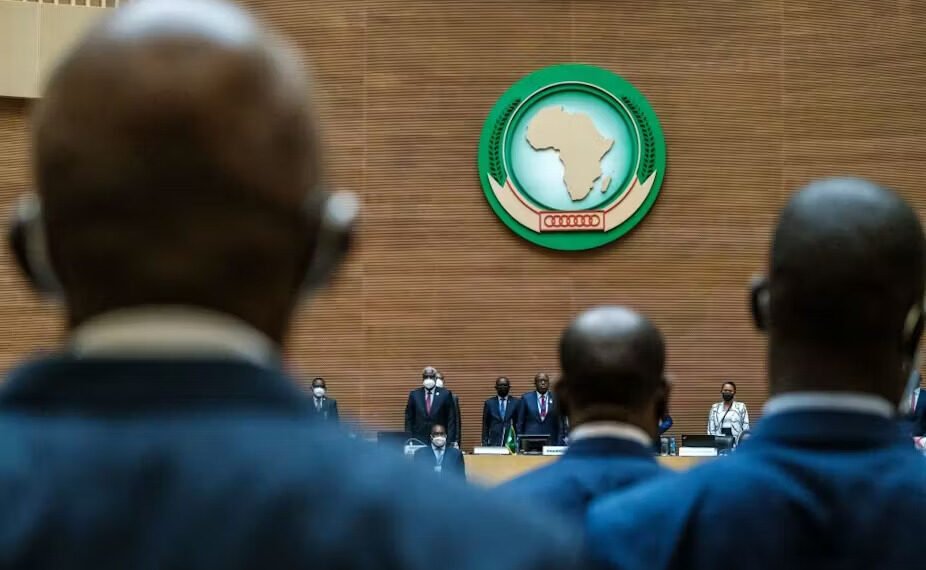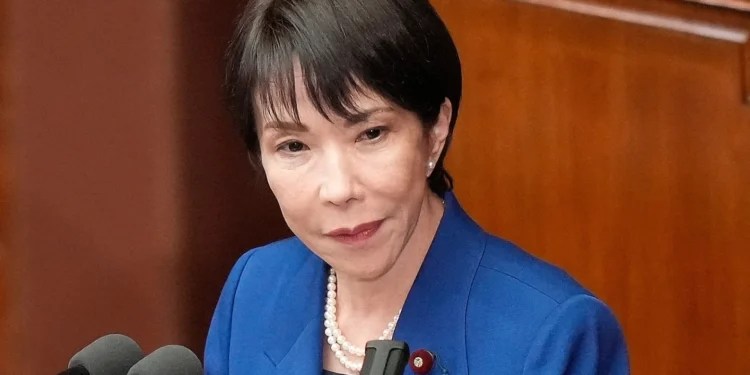Following direct and cordial discussions with South Sudanese President Salva Kiir, African Union (AU) Commission Chairperson Mahmoud Youssouf Ali addressed the escalating political situation in South Sudan, particularly the recent violence in Nasir.
Reaffirming the AU’s commitment to peace, Ali expressed solidarity with the government and citizens of South Sudan, emphasizing that dialogue and reconciliation remain central to resolving conflicts in the region.
As part of mediation efforts, Ali announced that the AU would be “dispatching a high-level delegation of the AU Panel of the Wise to Juba to engage with all the stakeholders to de-escalate tensions and promote dialogue.”
This initiative aims to support the full implementation of the Revitalized Agreement on the Resolution of the Conflict in South Sudan (R-ARCSS), the framework guiding the country’s transition to stability.
The AU has urged all parties involved to respect the provisions of the agreement and work toward its successful execution. The regional body remains engaged with international partners, including the Intergovernmental Authority on Development (IGAD), the East African Community (EAC), and the United Nations, in a coordinated effort to steer South Sudan toward lasting peace and democratic governance.

The Panel of the Wise, A Key Conflict Prevention Tool
Established in December 2007, the AU’s Panel of the Wise (PoW) is a fundamental pillar of the African Peace and Security Architecture (APSA). As the primary conflict prevention mechanism within the AU, the PoW advises and supports the Peace and Security Council (PSC) and the AU Commission Chairperson.
The panel, comprised of five distinguished figures representing Africa’s five regions — North, East, South, West, and Central — brings diverse perspectives to conflict resolution. Members, appointed by the AU Commission Chairperson and approved by the Commission, serve three-year terms with the option of renewal once.
Under Article 11 of the PSC Protocol, the PoW is mandated to lead conflict prevention initiatives, holding at least three meetings annually to review ongoing situations and determine regions requiring intervention. The Panel also conducts workshops on conflict management and produces thematic reports on issues such as non-impunity and the protection of women and children in conflict zones.
Since its inception, five PoW panels have executed this mandate with varying degrees of success. The current panel, appointed in February 2022, will complete its term in 2025, paving the way for a new cohort to be selected.
The Panel’s Role in Practice
Beyond scheduled meetings, the PoW operates through targeted interventions when requested by the PSC or at its own discretion. These interventions include preventive diplomacy missions and the provision of advisory opinions on pressing conflict resolution matters.
To maximize its impact, the PoW collaborates with subsidiary mechanisms such as the Pan-African Network of the Wise (PanWise), FemWise (which emphasizes women’s participation in peace efforts), and WiseYouth (focused on engaging young people in diplomacy). These networks broaden the scope of peacebuilding initiatives and reinforce grassroots participation.
Despite its achievements, the PoW faces persistent challenges, including financial constraints and coordination difficulties with regional bodies. In response, ongoing discussions are exploring ways to make the Panel “fit-for-purpose” by refining its institutional framework and enhancing collaboration with regional actors.
As Africa navigates complex security challenges, strengthening the PoW remains a priority for the AU’s broader conflict prevention strategy. With South Sudan at a crossroads, the intervention of the Panel of the Wise may play a crucial role in fostering sustainable peace and stability in the region.
READ ALSO: Erastus Asare Donkor Blasts Government Inaction, Political Interference Over Galamsey























